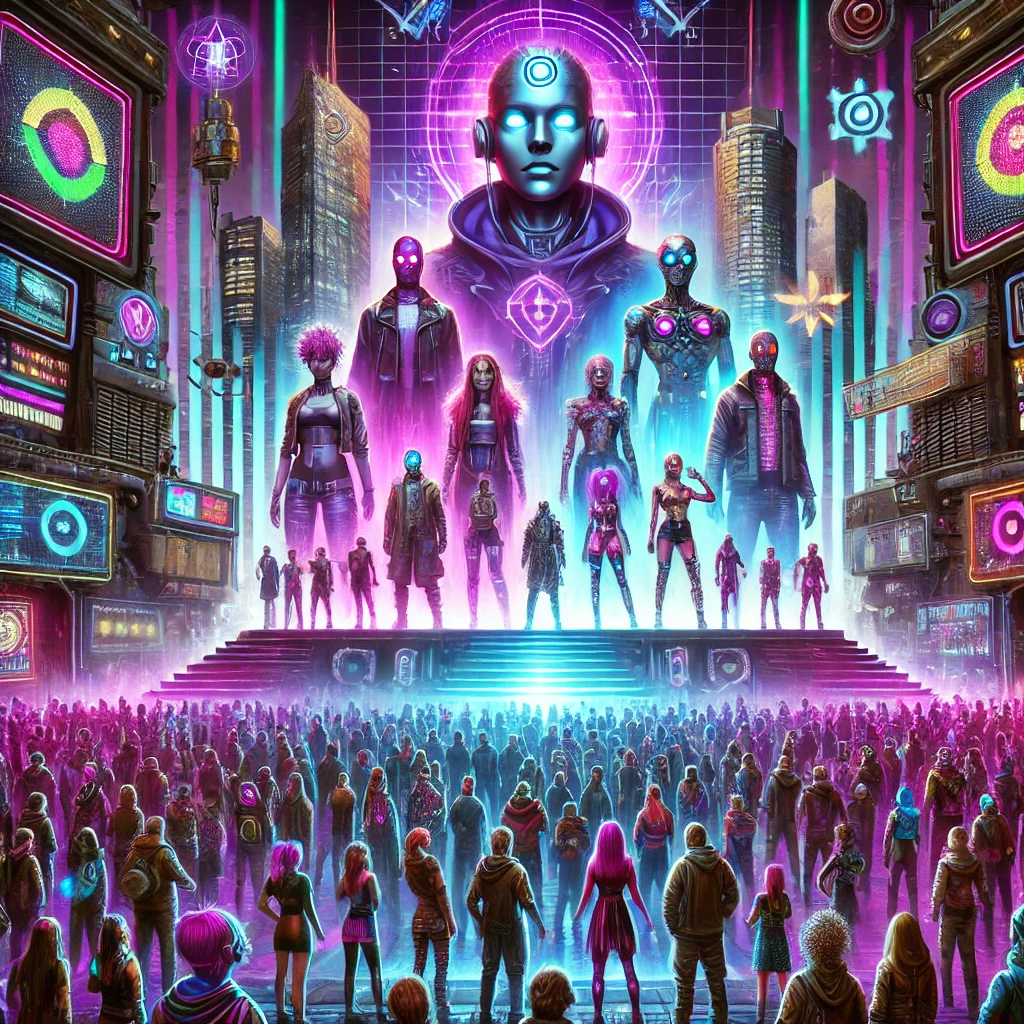
In 1985, Donna Haraway shook academia with her theory of identity as fluid, something that transcends rigid gender roles, in her work Cyborg Manifesto. Haraway envisioned a future where individuals are allowed to exist beyond the binary categories of the past—a future where boundaries between human and machine, male and female, have withered away into obscurity. Fast forward to the present, Janelle Monáe’s album Dirty Computer tackles similar themes. Through her work, she paints a dystopia where individuals are marginalized and persecuted for differing from the norm. Monáe brings Haraway’s future into the context of modern-day struggles, including gender, race, and self-expression.
In Dirty Computer, Monáe portrays a future where society controls and punishes those who don’t conform to traditional expectations. The record’s central metaphor, a “dirty computer,” refers to individuals whose identities, intentions, and deeds are perceived as “glitches” in an otherwise perfect system. This bolsters Haraway’s argument that human identity should be malleable and that prejudices related to race and gender should be dismantled. Songs that challenge the listener to reject cultural restrictions on identity and embrace personal freedom include “Make Me Feel,” an anthem of LGBT empowerment, and “Pynk,” which celebrates the complexity of womanhood.
Monáe’s depiction of nonconformity in Dirty Computer is akin to Haraway’s analysis of systems of oppression. In the same manner as Haraway criticizes capitalism, sexism, and established power structures in Cyborg Manifesto, Monáe’s record challenges the mechanisms that aim to regulate identity. She bravely asserts her right to exist on her own terms as she tackles the intersections of race, gender, and power in songs like “Django Jane” and “Screwed.” Like Haraway’s cyborg, who stands for resistance against institutions that push conformity, Monáe’s music stresses the strength of self-definition in a world that seeks to eradicate difference.
Through her work, Janelle Monáe re-envisions and modernizes Haraway’s ideas for a new generation. Her accentuation of fluid identity, her critique of oppressive systems, and her denial of societal norms result in a work that is a modern embodiment of the essence of the cyborg. Much like Haraway’s manifesto, Monáe’s album demands a future where identity has boundaries that have long since dissolved, and instead, are as fluid and dynamic as we choose.
Published by